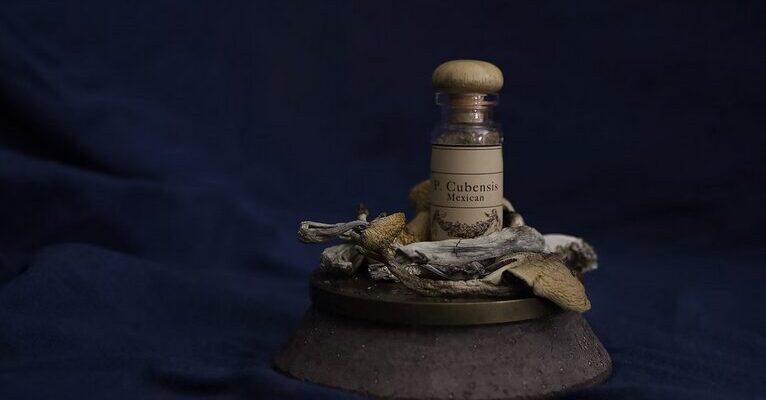Magic mushrooms have fascinated people for centuries. Often shrouded in mystery, these natural fungi are widely misunderstood. While many people associate them solely with vivid hallucinations and wild experiences, there’s much more to the story. As interest in their potential benefits grows—especially concerning mental health and wellness—it’s crucial to separate fact from fiction. Misconceptions can lead to stigma and fear around substances that might offer therapeutic advantages when used responsibly.
Let’s explore some common myths surrounding magic mushrooms and uncover the truths behind this intriguing subject.
Magic Mushrooms Are Just for Hallucinations
Many people believe magic mushrooms are solely for inducing hallucinations. While it’s true that they can lead to altered perceptions, that’s just one facet of the experience. These fungi contain psilocybin, a compound that affects serotonin receptors in the brain. This interaction often results in enhanced creativity, emotional release, and profound introspection—much more than mere visual distortions.
Users sometimes report feelings of interconnectedness with nature or heightened awareness of their surroundings. For some, these experiences foster personal growth and healing rather than fleeting entertainment. The therapeutic potential is also gaining traction among researchers. Studies suggest magic mushrooms may help alleviate anxiety and depression when used in controlled settings. So while hallucinations can be part of the experience, they hardly define what magic mushrooms offer.
Magic Mushrooms Are Highly Addictive
Many people assume that magic mushrooms lead to addiction. This belief is rooted in the broader stigma surrounding drugs. However, research shows that psilocybin, the active compound in these mushrooms, does not create physical dependence. Unlike substances such as opioids or alcohol, users typically do not crave magic mushrooms after their effects wear off.
In fact, many who try them report feeling a sense of clarity and emotional healing rather than an urge to indulge repeatedly. Moreover, studies indicate that psychedelics can even aid in overcoming addictions to other substances by fostering profound personal insights and emotional breakthroughs.
Magic Mushrooms Permanently Damage the Brain

One prevalent myth is that magic mushrooms cause permanent brain damage. This notion stems from a misunderstanding of how these substances affect the mind. Research indicates that psilocybin, the active compound in magic mushrooms, interacts with serotonin receptors in the brain. While this can lead to profound experiences and altered perceptions, it doesn’t equate to irreversible harm.
In fact, studies have shown potential therapeutic benefits for conditions like depression and PTSD. The neuroplasticity induced by psilocybin suggests an ability to promote healing rather than causing lasting damage. Moreover, unlike other drugs notorious for their addictive properties or detrimental effects on mental health, magic mushrooms generally do not exhibit such patterns. Understanding this difference is crucial when discussing their safety profile.
All Magic Mushrooms Are the Same
Many people think all magic mushrooms are created equal, but that’s far from the truth. There are over 180 species of psilocybin mushrooms, each with distinct properties and effects. Some varieties may produce mild sensations, while others can induce profound spiritual experiences. The potency varies significantly between types, which means dosage matters.
Additionally, growing conditions play a major role in their chemical composition. Factors like soil quality and climate affect the amount of psilocybin present. Misidentification is another issue. Many look-alikes exist that are not psychoactive or can even be toxic. It’s essential to recognize these differences to approach …

